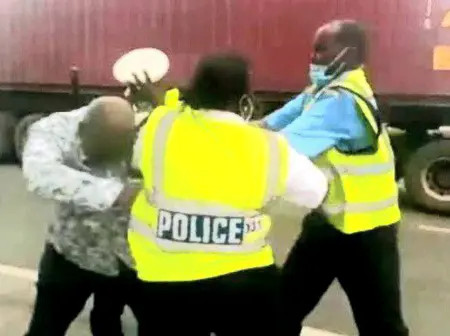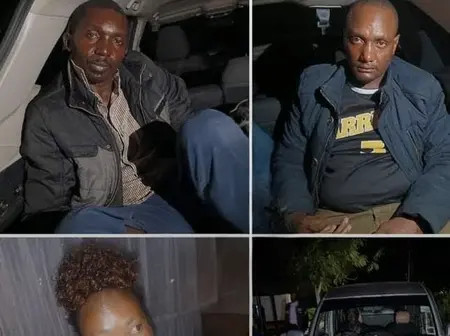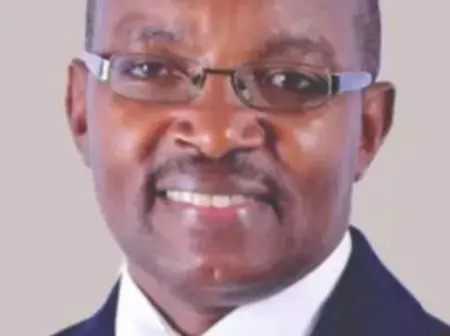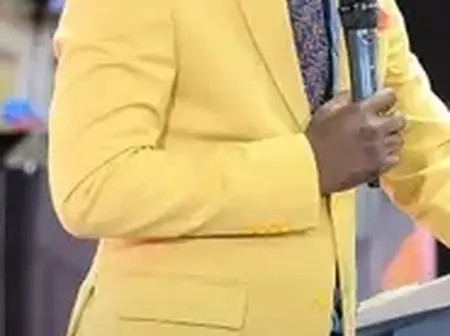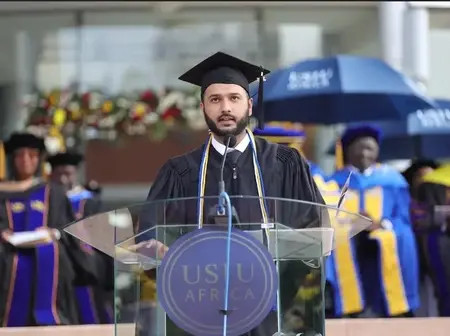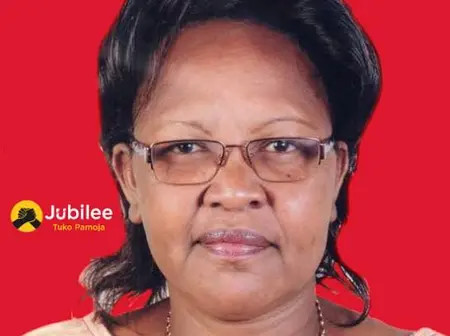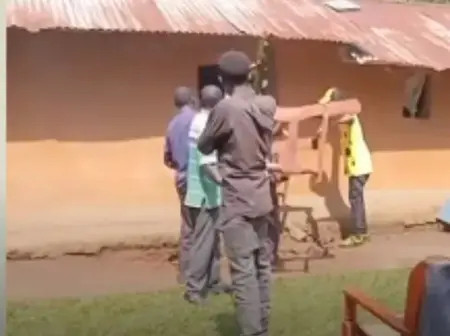
A family’s grief turned into another kind of loss when a widow in Bungoma was forced out of her home after her husband’s death. The community believed his spirit needed cleansing through a traditional ritual.
But in the process, the woman who had already lost her partner was left without a place to stay. How does a ceremony meant to bring healing end up deepening another person’s pain?
In the Bukusu culture, death is not treated as a quiet event. When a person dies under unclear or violent circumstances, elders often perform rituals to cleanse the land and the spirit of the departed.
According to this account, the death of the man stirred anger and suspicion. People feared his soul would return unsettled unless a ceremony of pain and justice was carried out.
The ritual involved intense physical acts, believed to redirect the spirit and restore balance in the community.
Yet the outcome was not balance for everyone. The widow found herself isolated. Instead of being embraced in her mourning, she was told she could not remain in the house her husband had built.
In the eyes of tradition, her presence was tied to the misfortune, and the ritual demanded separation. The story shared on Facebook reveals how cultural practices, while powerful, can carry consequences that fall hardest on those already hurting.
For many in modern Kenya, this leaves difficult questions. How do communities hold on to rituals that preserve their identity while protecting vulnerable people from harm?
How can tradition evolve so that it brings comfort instead of leaving someone homeless?
This story is not just about one woman in Bungoma. It reflects a broader struggle faced in many parts of the world where the pull of heritage collides with the realities of everyday survival.
It reminds us that rituals are not only about the dead but also about the living who must carry on.
Thank you for your time. Kindly share, like, and comment on this article.
